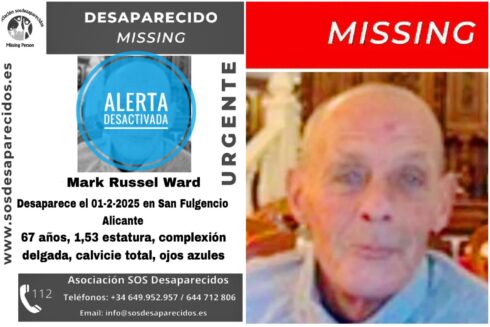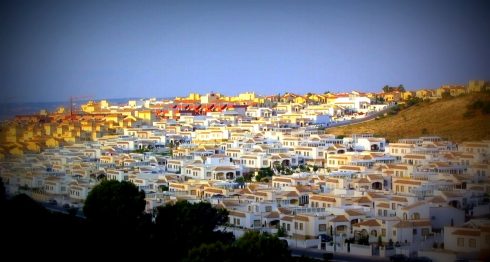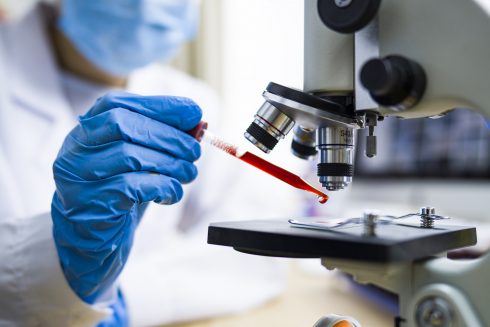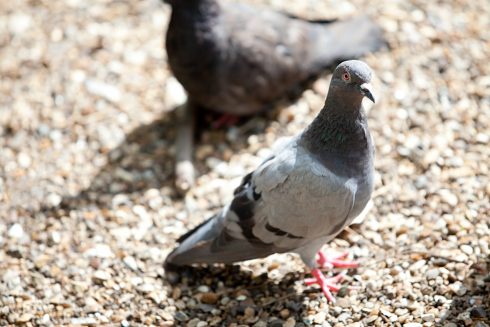MORE than 43,000 people in Palma de Mallorca will be put on ‘partial lockdown’ from this Friday.
In aim of combating the spread of coronavirus, the Balearic Government has decided to enforce tougher restrictions on additional districts in the capital.
Tomorrow, parts of Arquitecte Bennazar will face confinement, joining Son Gotleu, Can Capes, Soledat Nord and Son Canals which became ‘hot zones’ last week.
The move, actioned by the Ministry of Health, serves to reduce the number of coronavirus infections in areas where it is the most prevalent and will impact almost 10% of Palma’s population.
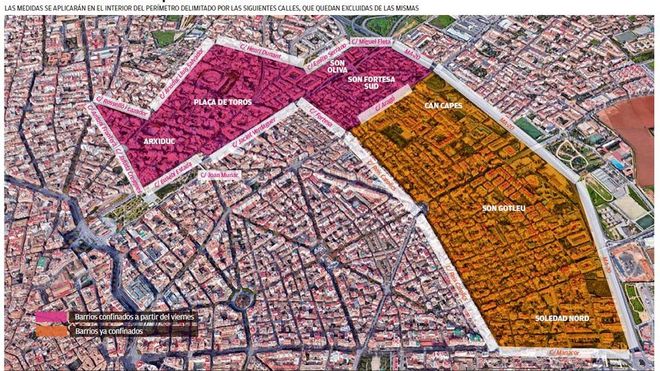
Being classed as a ‘hot zone’ means that only those who reside or work in these areas will be allowed inside.
Residents will have to justify an exceptional reason at police checkpoints if they want to leave such as going to school, work or the bank.
Capacity will also be capped to 50% in bars, cafes and restaurants both indoors and on its terraces and all of these establishments must close no later than 10pm.
All activity in gyms and sports centres are strictly prohibited.
The General Director of Public Health, Maria Antonia Font, explained that Arquitecte Bennazar has been included to reduce pressure on the health system.
According to Font, the area has the highest population density in the capital, serving 31,673 people in its local hospital.
This she said would collapse if dealing with a significant number of COVID-19 infections.
Welfare and social criteria have also been taken into account, with Arquitecte Bennazar having one of the highest degrees of poverty in Mallorca.
Although ‘the disease does not understand income,’ those diagnosed with the virus that are not able to isolate at home due to housing issues would do so in hospital instead, putting further pressure on the health service.
It comes as the Government of the Balearic Islands announced that parts of Ibiza would also be put on a partial lockdown from Friday.
This includes the centre of San Antonio and Ibiza Town which according to the Balearic Ministry of Health, have the highest number of COVID-19 infections in the region.
Although the measure will impact all those that live inside the ‘hot zone,’ tourists were initially exempt – a measure that was immediately denounced by local unions.
This was later reversed, meaning that the movement of holidaymakers will be also be restricted.


